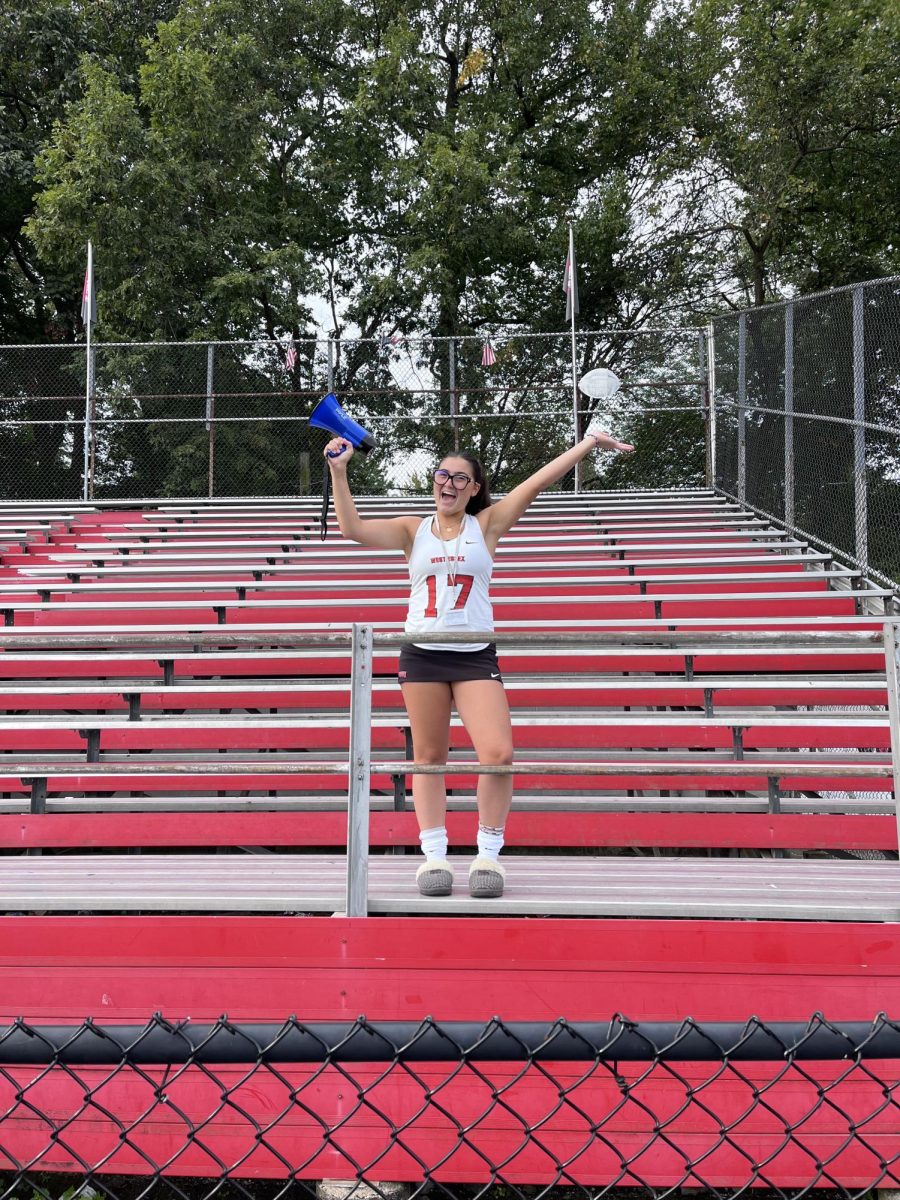By Daniella Ignacio ’17
With so many colleges out there, it is difficult for some seniors to be absolutely sure about where they want to study for the next four years of their lives. In the class of 2017, some don’t want to commit to one school and they choose non-binding college application options, rather than early decision. And that is completely OK.
Regular decision is the most common route for high school seniors to take when applying for traditional four-year colleges, according to college search website CampusExplorer.com. This remains true for West Essex, as most students seem to take this option.
“The majority of students apply RD,” guidance counselor Ms. Ciottariello said. “For those who apply ED, it is wise to have some RD schools in your applications just in case. It allows students to have a higher volume of options for college.”
Besides permitting students to compare different schools, it also allows them to take more time for the application process, as students can include grades from the first semester of senior year to show improvement, take the SAT and ACT until December and refine applications and essays.
“I applied RD because a lot of my schools did not offer early action,” senior Michael Cunha said. “I would never apply ED because of the finances.”
Now, it may seem that there are so many people getting into their dream colleges in early December. But the reality is that it actually isn’t that many people who get into schools with ED. ED acceptance rates range from 20 percent for Brown College to 69 percent for George Washington University, according to a March 2016 Washington Post article. Though some schools admit numerous students during this round, others are still selective and you aren’t necessarily missing out by not applying ED. Your time will come.
This isn’t to say that it’s not good to know what schools you have been accepted to early. Early Action has become another popular method to apply to college for those who wish to receive admissions notifications earlier and be compared to a smaller pool of applicants. These students may also want to compare financial aid packages and consider multiple schools. If the school lets you know if you got in by early December, you get all the advantages of ED without the commitment.
For some, college applications entail much more than writing essays and reporting solid academics and extracurriculars; they can include putting together a portfolio or auditioning for fine arts majors, which makes applying RD and EA the only option.
“I applied early action for all my schools, but the stress level was the same for the apps that required a portfolio and for those who didn’t,” said senior Erin Rondi, who is planning to major in graphic design.
I personally applied for colleges under RD and EA plans of admission. As a prospective musical theatre and journalism major, most of those schools require auditions for the musical theatre program, so I cannot bank on any one school to accept me and also give me decent financial aid. Most important, I like multiple universities equally and don’t want to limit myself yet.
Now, knowing that I got into a few schools through EA did relieve much of my stress and gave me hope that, yes, I can get into college. But I love the flexibility that applying RD and EA gives me and I do not regret waiting, because come spring, I will be able to make an informed decision and end up at the school that is right for me.



